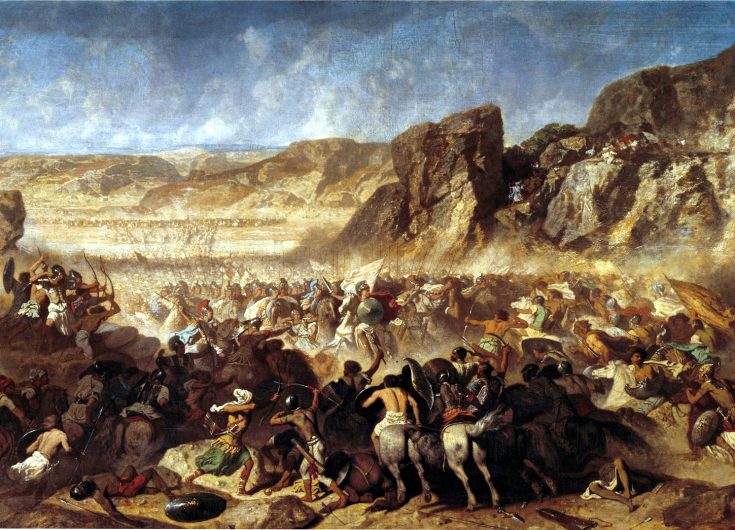

Xenophon, The Education of Cyrus (ca. 370 BCE)
The Education of Cyrus is no simple paean to Cyrus, nor a handbook showing how to rule the world. Xenophon meditates on the conditions of uniting independent nations under unified political leadership, and the costs of so doing. The possession of empire can be as detrimental to the rulers as it is to the ruled. The Persians were once much like the Spartans, but they were changed by the rule of Cyrus. Xenophon thus shows that little is “natural” in the superior qualities of Greek soldiers when compared against the Persians. Keeping independent and separate political communities, with the attendant possibility of war and instability, seems very much wrapped up with the virtues necessary for successful warfare. The choice between empire and independence is one of the most fundamental political choices, and Xenophon deftly shows the Greeks and the later world the costs, limits, and possibilities of becoming an imperial power.



